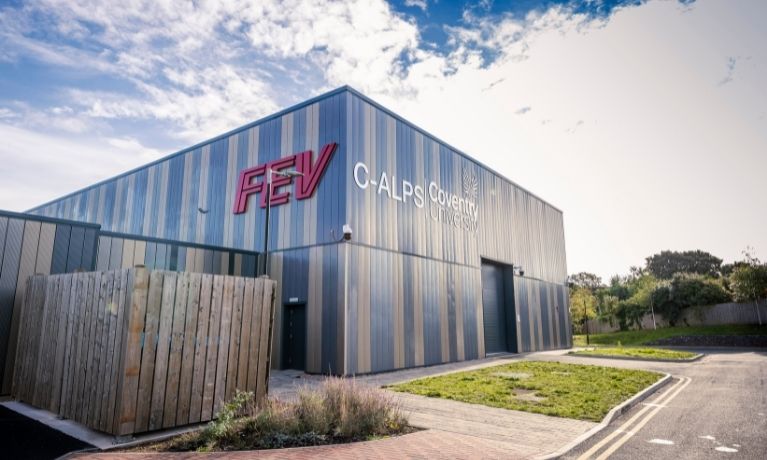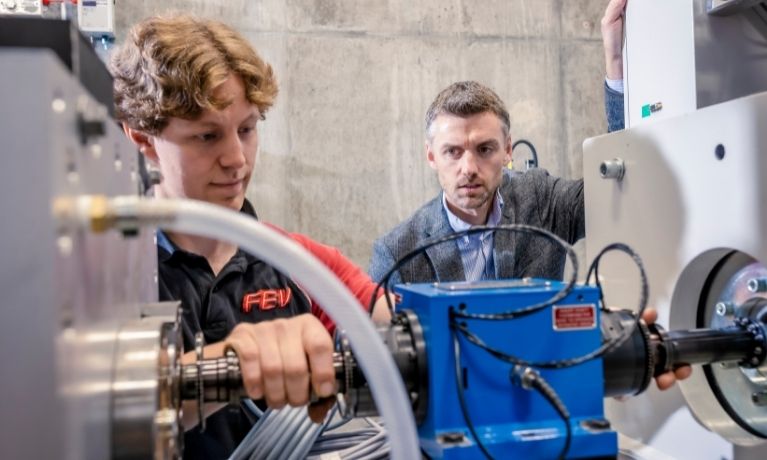
Centre for Advanced Low Carbon Propulsion Systems (C-ALPS)
About C-ALPS
Our £50m Centre for Advanced Low Carbon Propulsion Systems is a Coventry University research centre within the Centre for E-Mobility and Clean Growth. C-ALPS brings together academic expertise and state-of-the-art facilities in battery & supercapacitor cells, hydrogen fuel cells, e-motors and drives. In this environment, researchers and industry work together on the science and engineering behind the next generation of electrified propulsion systems for the automotive, aerospace, marine and rail industries.
Global engineering consultancy FEV is a founding partner and its UK commercial operations are co-located in the C-ALPS facility. We are a partner in the Driving the Electric Revolution Industrial Centres Network beneficiaries of funding from the Faraday Institution through their fellowship programme. We also receive collaborative research project funding from UK Research and Innovation (UKRI) sources, including The Engineering and Physical Sciences Research Council, the Advanced Propulsion Centre, Aerospace Technology Institute, and well as funding through European Horizon and InnovateUK. We are active members of the Batteries European Partnership Association and Hydrogen Europe.
The C-ALPS team and FEV also work independently with customers, partners and other leading organisations within funded research projects. You can find out more by visiting our work with us page.
Facilities & capabilities
C-ALPS is the most advanced test facility of its kind in the UK. Our unique, 40,000 sq. ft research and test centre in Coventry is continually evolving and more than £20m of investment has been channelled into our world-class building.
Globally leading engineering consultancy, FEV, has its UK commercial operations co-located in the C-ALPS facility, offering partners a unique blend of academic and engineering support.
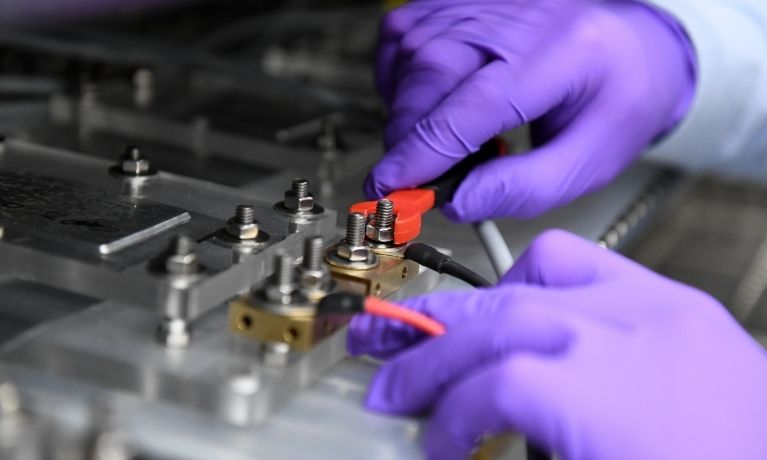
State-of-the-art battery test facilities
Our battery test lab is equipped with facilities and expertise to help partners characterise commercial and prototype cell & module performance to support verification, selection and modelling activities.

Cell prototyping centre of excellence
Our unique cell prototyping facilities support the transition from laboratory discovery to mid TRL prototypes, helping pull new discoveries across the development ‘Valley of Death’ towards commercial reality.
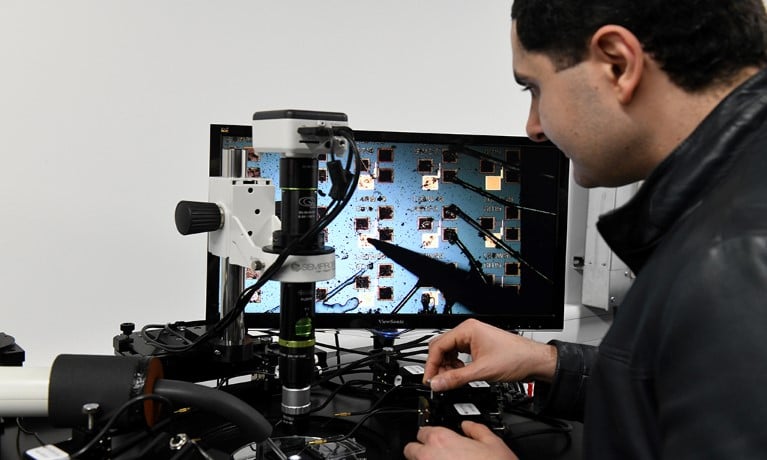
Electronics lab and power-semiconductor characterisation facility
Our expertise in power semiconductors and semiconductor device performance supports our industrial partners with the development of high-efficiency & high power-density power converter systems; accelerating the adoption of wide band-gap devices & optimising performance through digital modelling.
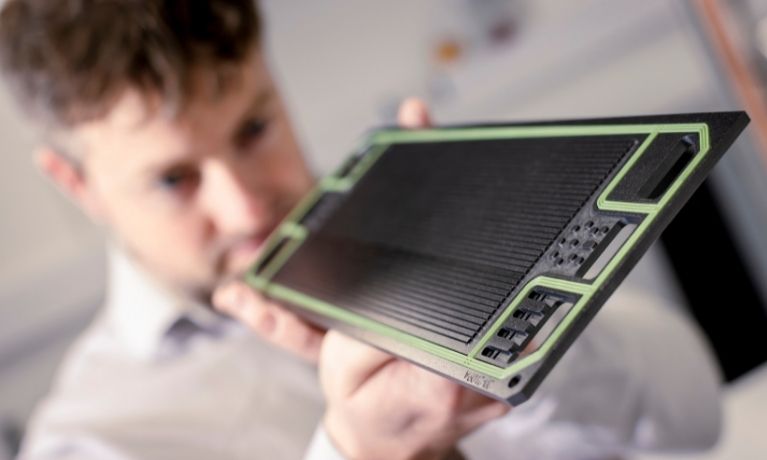
Hydrogen research laboratory and vehicle workshops
A new, 100m2 hydrogen fuel-cell research lab was completed in 2021 for cell and short stack research and development including facilities for post-mortem analysis. Our on-site hydrogen storage facility has the capacity to house tube/trailer supporting 18kg/hr usage rate (300kW).
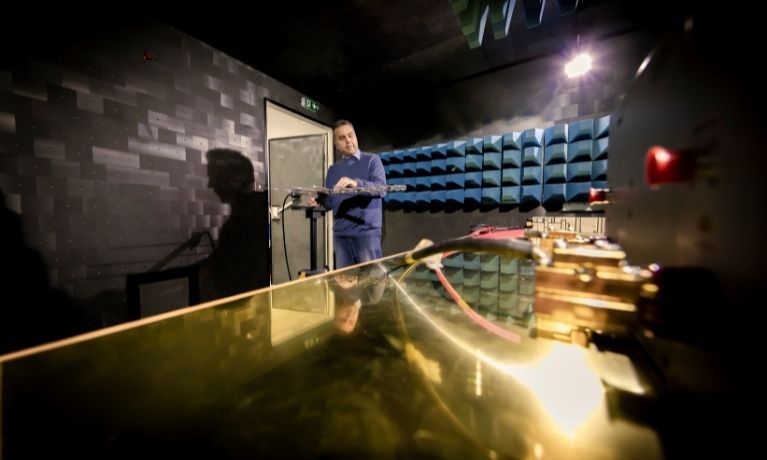
EMC chamber
Our new EMC chamber provides an environment where partners can work with our expertise and state of the art equipment to de-risk products and technologies, diagnosing early issues with power hardware.
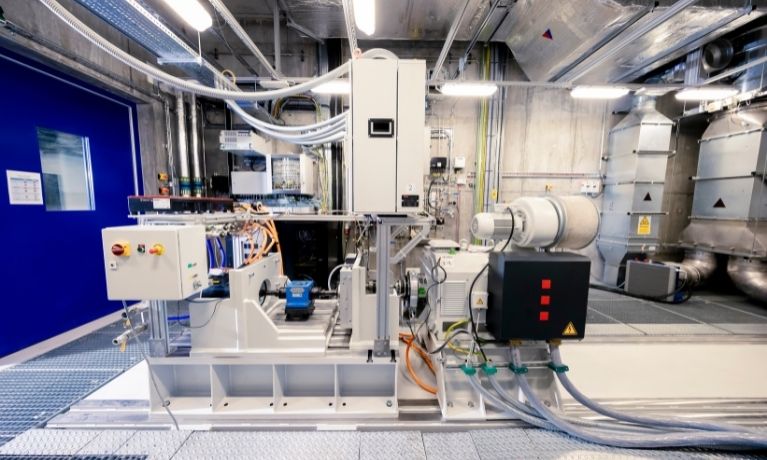
e-Powertrain system research
At C-ALPS, we combine state-of-the-art powertrain test cells with expertise in power-electronics, motors and drives. Partners can utilise our facilities and experience to characterise and optimise their propulsion systems.
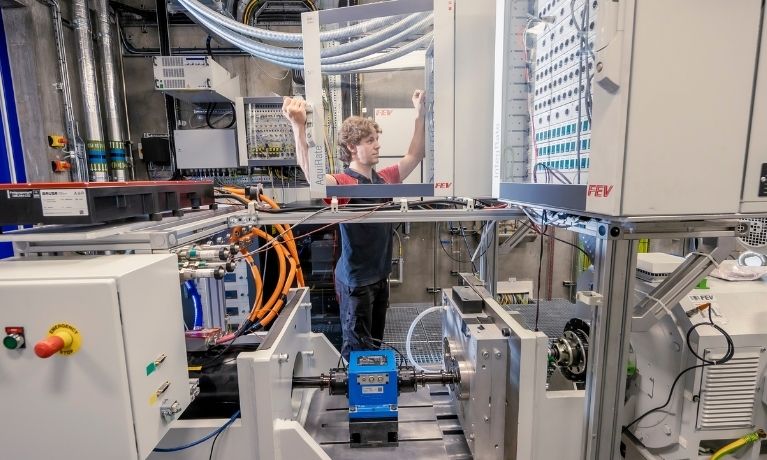
Powertrain system test cells
FEV’s commercial operation facilities include over £6m of the latest electrified powertrain and thermodynamic engine testbed and test benches for turbochargers, catalytic converters and battery systems.
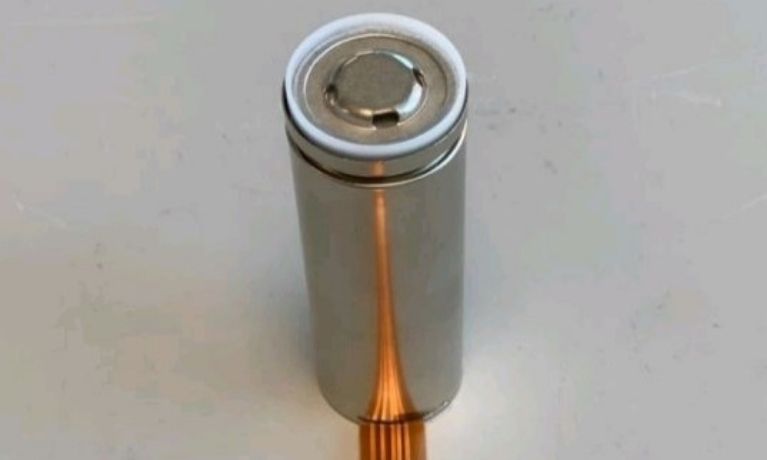
Battery & supercapacitor cell sensing
Our research on cell sensing and advanced diagnostics includes developing cell materials and construction, validation methodologies, modelling and use in mission or safety-critical applications.
Our team

Work with Us
The C-ALPS team and FEV also work independently with customers/partners and this has already led to engagement with a number of other leading organisations within funded research projects.
C-ALPS has a strong track record of working with business in a variety of ways including via the funded knowledge transfer programme, funded collaborative research and direct consultancy.
The centre has supported businesses by offering:
- Applied research to support product development
- Access to staff expertise and student skills
- Support with funding applications
C-ALPS respects the need for client confidentiality and are therefore unable to comment on many of our specific projects. We would encourage interested parties to get in touch to discuss their requirements further.
Events
Future Propulsion Conference- March 2023
The Future Propulsion Conference held at the National Motorcycle Museum, Solihull brings together industry and academic experts within the powertrain development field.
The Centre for Advanced Low Carbon Propulsion Systems (C-ALPS) combines academic expertise and state-of-the-art facilities in battery & supercapacitor cells, hydrogen fuel cells, e-motors and drives. In this environment, researchers and industry work together on the science and engineering behind the next generation of electrified propulsion systems for the automotive, aerospace, marine and rail industries.
Low Carbon Vehicles- July 2022
The event focused on the two thematic areas of the Low Carbon Vehicle transition to Net Zero and the Automated Connected Electric and Shared future of mobility where Connected Automated Mobility, vehicle electrification and supporting infrastructure innovations combine.
Coventry University's research into Clean Growth and Future Mobility addresses these themes by delivering practical and relevant solutions. Our E-Mobility and Clean Growth, Future Transport and Cities, and Manufacturing and Materials research centres house leading experts who work closely with the academic community, industry partners and key government stakeholders to develop resolutions, deliver impact and inform policy.
